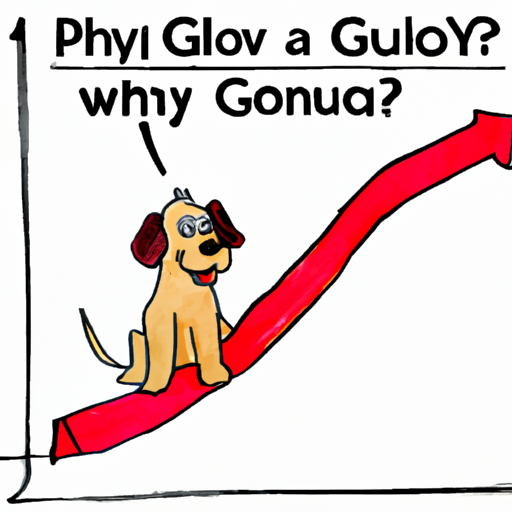As a dog parent, it’s only natural to wonder when your adorable little furball will reach full size. The growth rate and time it takes for a puppy to stop growing can vary greatly, depending on factors like breed, diet, and overall health. Let’s delve deeper into understanding when puppies stop growing, and what you can do to ensure they grow at a healthy rate.
Understanding the Puppy Growth Cycle
Most puppies go through a series of stages as they grow and mature. Here’s a typical timeline:
- Birth to two weeks: Neonatal period
- Two to four weeks: Transition period
- Four to twelve weeks: Socialization period
- Three to six months: Ranking period
- Six months to maturity: Adolescence
During the ranking period and adolescence, puppies do most of their physical growing. However, the timing and rate of growth can dramatically vary from breed to breed.
Factors Influencing Puppy Growth
Several factors influence when a puppy will stop growing. Some of the most critical factors include:
- Breed: Larger breeds typically take longer to reach full growth, sometimes up to two years or more. Smaller breeds often stop growing sooner, usually around one year.
- Diet: A well-balanced diet is essential for healthy growth. Deficiencies or excesses in certain nutrients can lead to developmental problems.
- Health: Conditions like parasites or illnesses can stunt a puppy’s growth.
Breed Size and Growth Rates
Different breeds of dogs stop growing at different times. Here’s a general guide:
| Size Category | Typical Age When Growth Stops |
|---|---|
| Small Breeds | 6-8 months |
| Medium Breeds | 12-15 months |
| Large Breeds | 18-24 months |
Remember, these are averages; individual dogs may grow slower or faster.
Feeding Your Growing Puppy
Proper nutrition is crucial for your pup’s growth. Puppies need a diet rich in protein, fats, and certain minerals like calcium and phosphorus. They generally require a higher calorie intake than adult dogs. Divide meals into several small portions throughout the day to keep them energized and prevent overeating.
Monitoring Your Puppy’s Growth
While it’s important not to obsess over your puppy’s growth, you should monitor it to ensure they’re on track. Regular vet check-ups are a must. Keep an eye out for signs of healthy growth, such as steady weight gain, good appetite, and high energy levels.
When Should You Be Concerned?
If your puppy seems to be growing too slowly or too quickly, it’s worth a visit to the vet. Rapid growth can lead to developmental disorders, while slow growth can be a sign of health issues. Always consult a vet if you’re concerned about your puppy’s growth or overall health.
Frequently Asked Questions
When do small, medium, and large breed puppies stop growing?
Small breeds generally stop growing between 6-8 months, medium breeds between 12-15 months, and large breeds between 18-24 months.
Can diet influence when my puppy stops growing?
Yes, a balanced diet is crucial for healthy growth. Deficiencies or excesses in certain nutrients can impact your puppy’s growth rate.
My puppy seems to be growing too quickly. Should I be worried?
Rapid growth can lead to developmental disorders, so it’s worth consulting your vet if you’re worried.
Does neutering or spaying affect when a puppy stops growing?
Some studies suggest that neutering or spaying can slightly delay a puppy’s growth plate closure, but the overall impact on growth is minimal.
My puppy seems to be growing slowly. Is this a problem?
Slow growth can be a sign of health issues, so it’s best to consult your vet if you’re concerned. However, remember that growth rates can vary widely between breeds.
As you navigate the exciting journey of puppy growth, remember that every puppy is unique. Some might grow quickly, while others take their time. The most important thing is to provide your puppy with plenty of love, a balanced diet, and regular vet check-ups to ensure they grow up healthy and happy.



